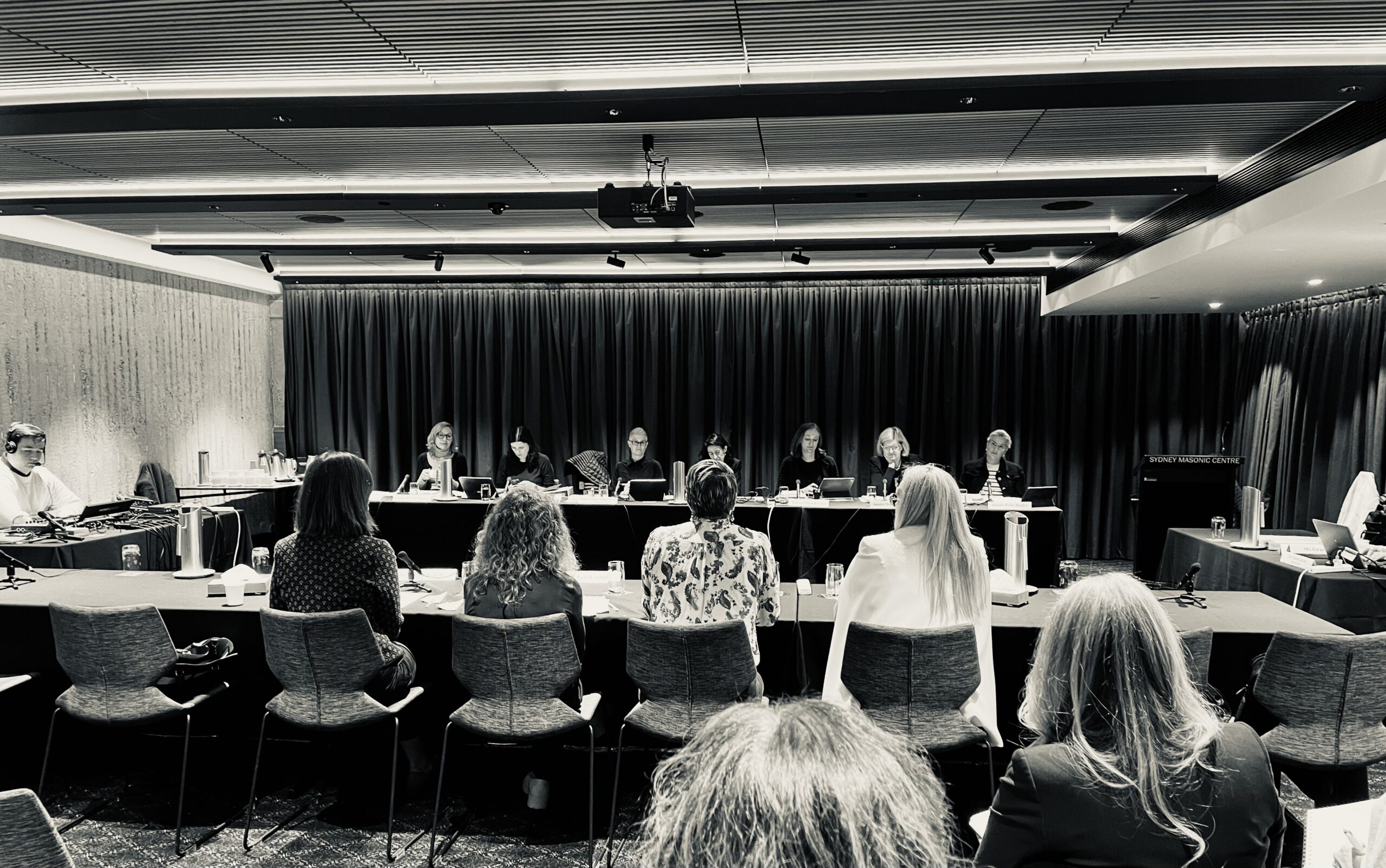
The first Public Hearing of the Senate Inquiry into the impact of perimenopause and menopause
3 minute readLast week we were honoured to sit alongside our peers and passionate community presenting recommendations to the Senate Committee overseeing the Senate Inquiry into the impact of perimenopause and menopause. We’re not even halfway through a five-day Public Hearing and are energised by the amount of aligned thinking that will help shape the future of women’s health for generations to come. It’s absolutely clear that the outcome of women’s health handled badly is utterly devastating for women but also for the community as a whole. Now, the least researched area of health is finally having its moment and there’s a hell of a lot to be said about it – bring it on we say!
At Metluma, we believe deeply that a new model of care is what will deliver the biggest impact. One that builds a world-class ecosystem of preventative health initiatives – healthcare, not sick care. A connected care model that utilises the best of technology and human interactions and has the patient at the centre. Not just for the 3.6 million women in Australia who are currently 40-60 years old but the many millions more who will approach midlife and be better off than their mothers, grandmothers and every single woman before them if we get this right.
After reading and hearing a number of heartbreaking lived-experience submissions over the last couple of days, it reinforced our belief in what Metluma is building – flipping the script on an outdated model of care that ensures women are empowered and can confidently advocate for what they need at the right time.
For us, it’s all about three simple words – Talk, Track and Treat. Ensuring easy access to a doctor when you need it, the ability to confidently and comprehensively track symptoms that produce actionable insights and having access to the right treatment for you through a supportive PBS. And we have the evidence that it works. It may not cure all of the symptoms of menopause (let’s face it, nothing does at the moment) but our RCT proved a significant change in the control-cure subscale. Empowerment works. The right help at the right time works.
We are excited that together we have the opportunity to build a more educated, accessible health system and empowered community. It’s a legacy that we should all take very seriously. So this is our call to arms for researchers who want to join us on the journey of building out this new model of care. There’s so much work to do and we’d love to hear from you!